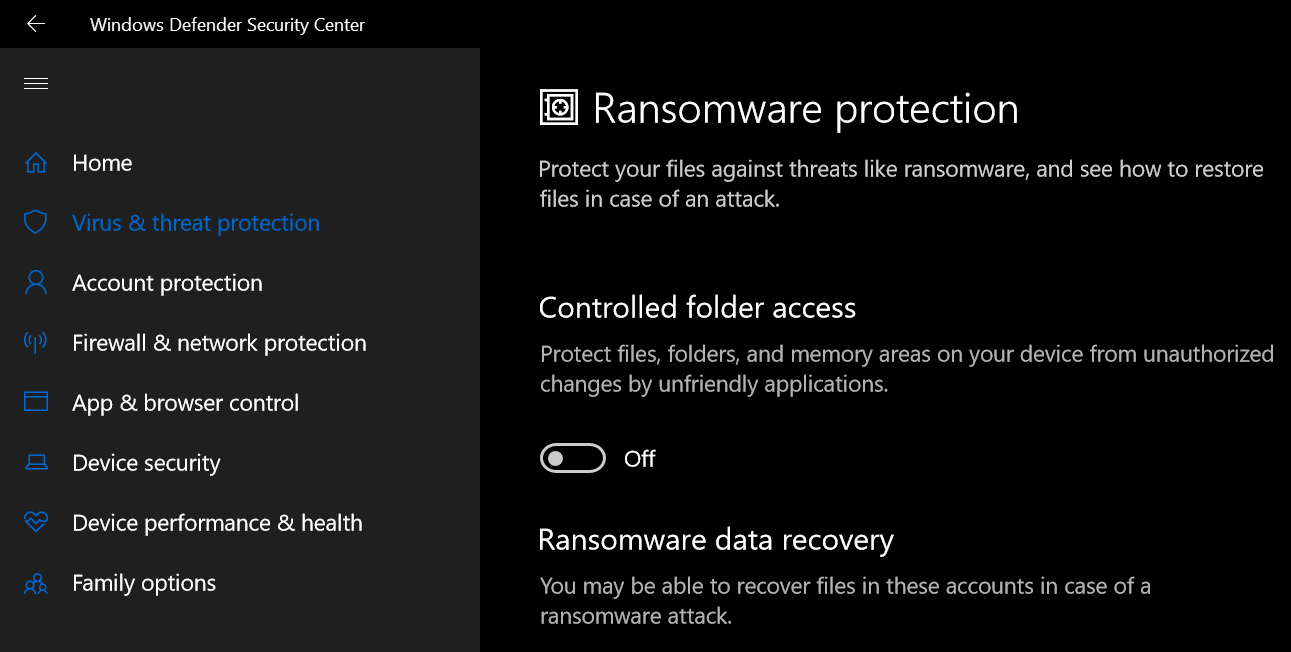EA or CSP Licensing: Which is a Better Choice for Your Company?
We understand Microsoft 365 licensing. Probably even better than the Microsoft product teams. Need proof? Check out our industry-recognized Microsoft 365 comparison chart. Our team actively responds to community questions on our blog and also via the r/Office365 subreddit. If you're still skeptical, keep reading.
There are a few different ways to purchase Microsoft offerings. One way is pay-as-you-go (PAYG): if you're still figuring out how much you will need and aren't ready for commitment yet, you may be using this method. With a PAYG or direct subscription, you make payments directly to Microsoft monthly and without a contractual agreement. While this may be temporarily helpful for those just getting their feet wet, most organizations opt for EA or CSP licensing in the longer run. That's short for Enterprise Agreement or Cloud Solution Provider. These routes offer discounts that come with more extended contracts, and a CSP reseller brings a lot of support that can take the headache off an organization. Let's explore some questions you may have about these different licensing options.
Direct vs CSP vs EA
[easy-pricing-table id="5905"]
*Minimum 50 users for dedicated support.
What are the Differences Between EA and CSP Licensing?
An Enterprise Agreement is best, according to Microsoft, for large companies. If you're a sizable enterprise with any of the following needs, an EA license could be a good option for you:
- Negotiating pricing based on company volume. Global enterprises can negotiate greater discounts than small to medium enterprises.
- You have affiliates that need to be included in standard Microsoft agreements.
- You like the simplicity of a fixed price with a plan that you only have to revisit every three years.
- Azure Dev/Test pricing is only available with an EA subscription. This provides Linux pricing on all Windows Azure workloads.
While this simplicity may sound hassle-free, be wary of the money you could lose in this more rigid plan. With a three-year EA contract, you are able to do a "true-up" adding users or devices once a year, but you can't do the same scaling back. (The only exception is for Azure services in the second year of the contract.) For the most part, if you end up paring down or needing less, there's no refund for the reduction in usage. The first year is also based on an estimate of consumption, and you won't get anything back if you don't use as much as Microsoft estimated you would.
Another nightmare scenario that we've encountered is an organization committing $50k/year in Azure spend and not using any of it. We were pulled in during the fourth quarter to figure out something to use the sunken OpEx for, but building a global WVD farm to run AutoCAD for the sake of using Azure commit is akin to the cart pulling the horse. If you're not aware of your Azure spend, then a CSP subscription is the more economical solution.
Infused Innovations CSP
Purchasing through a CSP reseller is a way to purchase what you need through a certified Microsoft Partner who will guide and manage your services. This is a better option for organizations that fit these descriptions:
- Your company is under 10,000 users. 73% of our current CSP customers are under 2,000 users.
- You're not sure of your yearly Azure usage and don't like the idea of a rigid three-year commitment.
- You anticipate your usage needs may change in the shorter term.
- You'd like guidance for project implementation.
- You could use some personalized support for your online services, as well as account and licensing management, so you don't have to navigate and oversee all of that yourself.
Which Should You Choose: EA or CSP Licensing?
An EA is really only a good option for global corporations who expect to remain stable or grow in size in the coming years, and don't need any IT or license management support. For smaller enterprises (and even for many large ones too), a CSP is going to be a better option. Since you're working with a certified Microsoft Partner, you have the peace of mind knowing that your licensing and implementation are aided by those who know the Microsoft products best, and you free up your own IT and administrative teams from having to worry about these aspects. Consider these benefits of using a CSP:
- Your licenses, renewals and software upgrades are all taken care of by your CSP, who will help you design a custom package that fits your company's needs.
- A flexible plan allows you to adjust the package anytime, with payments made monthly and no rigid long-term requirements.
- Your CSP also provides exceptional tech support and expertise from an accessible Microsoft Partner. This means smooth implementation, fast response time, and reliable support should questions or problems arise.
- As opposed to a direct subscription with Microsoft, your smaller yet still specialized CSP Partner knows your licensing and your company. This brings you more personalized, customized support with a deep understanding of how your specific organization works.
- Prefer your comparisons by video? Here's one that details the differences when looking at EA or CSP licensing.
Are There Pricing Differences Between CSP, Pay-As-You-Go, and EA?
You might think that with the additional support of a certified Partner, your licensing is going to cost more. Actually, there's no extra cost to CSP licensing, and in fact it can save you money. If you're currently paying-as-you-go, you are missing out on the discount bundled pricing that comes with a continuous package. That's why the piecemeal pay-as-you-go method is only recommended if you're just starting and trying to figure out what you need.
Even in this case, a CSP is an easier, more sensible option, since you can adjust your needs at any time. If you're using an EA, you've already committed to certain usage for the next three years, and any changes in your usage could mean that you lose out because of that contractual commitment. You may also be charged for support depending on the extent that you need it. A CSP plan already has its Tier 1 Partner support built-in: you don't have to pay any extra costs beyond your normal monthly licensing payment.
Which CSP Partner Should You Work With?
If you choose to use CSP licensing, you want to make sure you go with a good Partner to manage your license. Some of the things you should look for in a CSP Partner are:
- A reliable, stable, accessible company. Does the Partner have a good history? Have they been awarded any accolades and achievements? How well do they respond to communications?
- Technical expertise. Does the company consist of experts in the field? How well do they know Microsoft products, and how many implementations have they done before?
- Prioritization of strong security. Is the Partner committed to the strongest security practices? Do they follow a Zero Trust framework? How likely are they to keep your company secure?
By far, our best recommendation for a CSP Partner is...that's right, Infused Innovations. We're passionate about helping companies grow and thrive under the most secure and optimal environments. And as a Microsoft Gold Partner, with more than 10 competencies, we've got the expertise and the certs to make that happen. Contact us today to start using a CSP plan that's tailored just right for your organization.
Stay connected. Join the Infused Innovations email list!
Share this
You May Also Like
These Related Posts

Microsoft Will Raise Prices for Nonprofits and End On-Prem Grants

You’re on the Wrong Microsoft 365 License for your Business

No Comments Yet
Let us know what you think